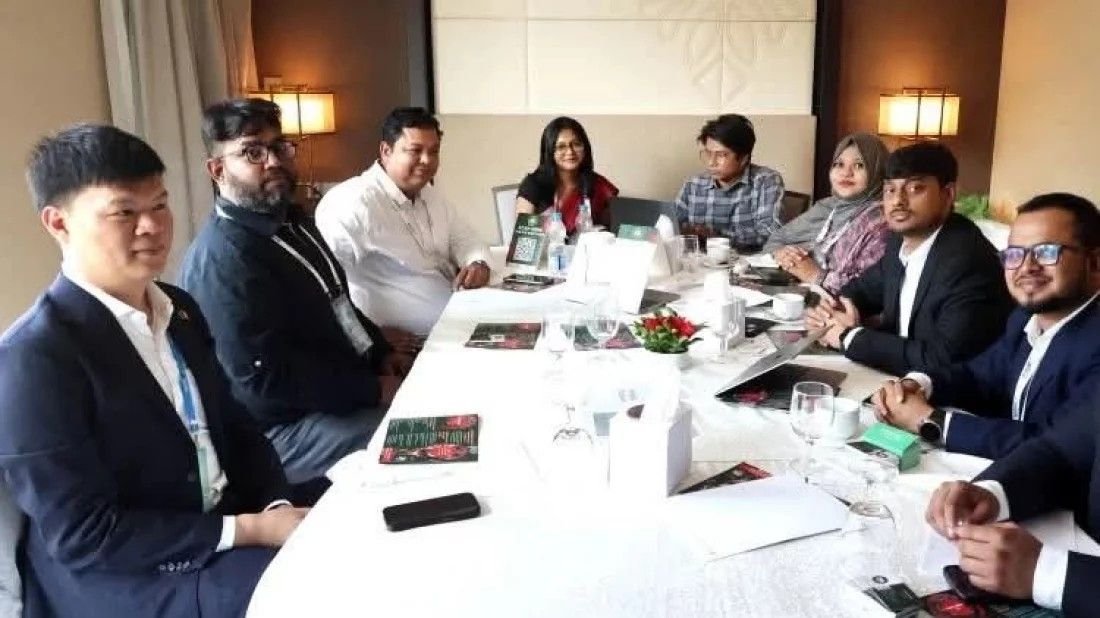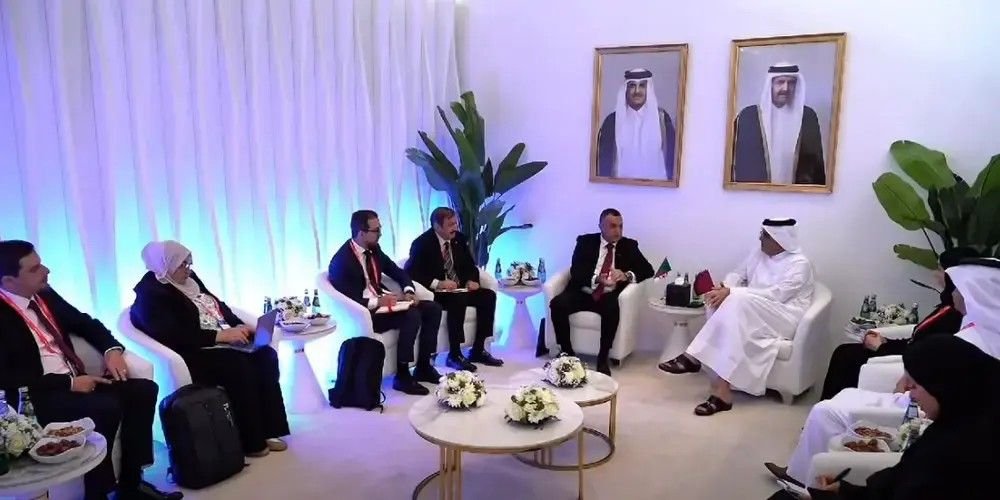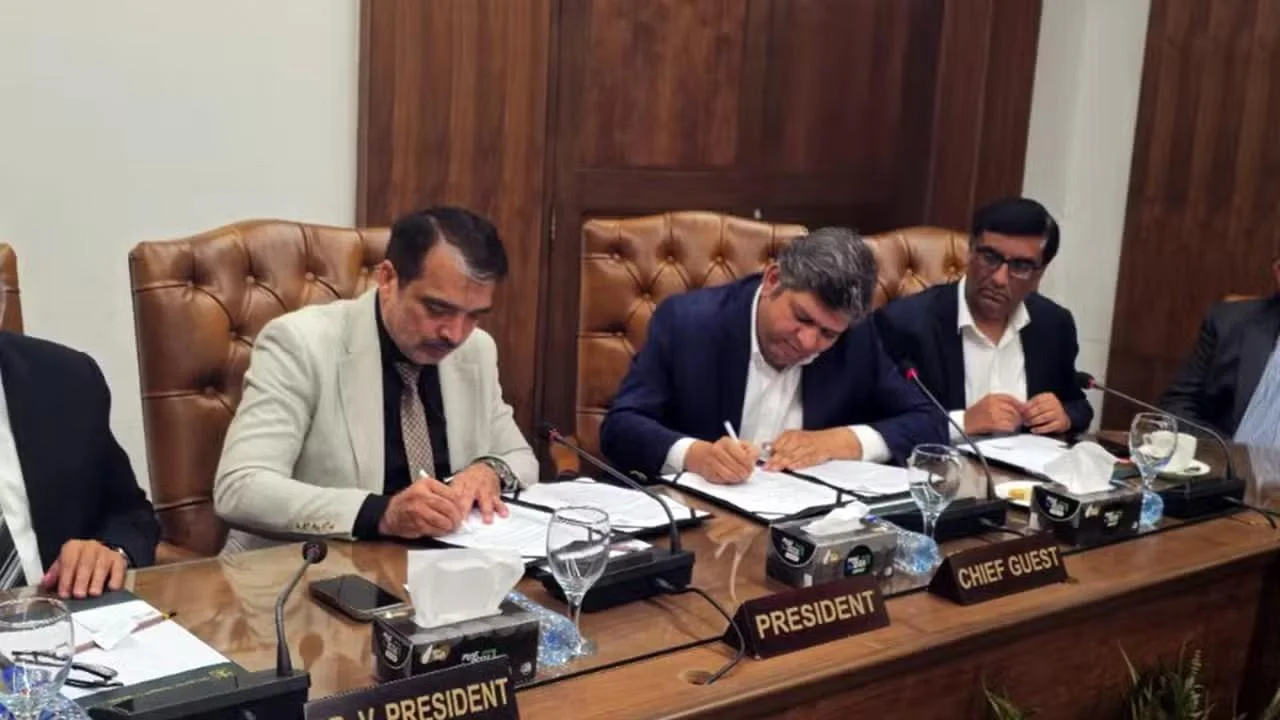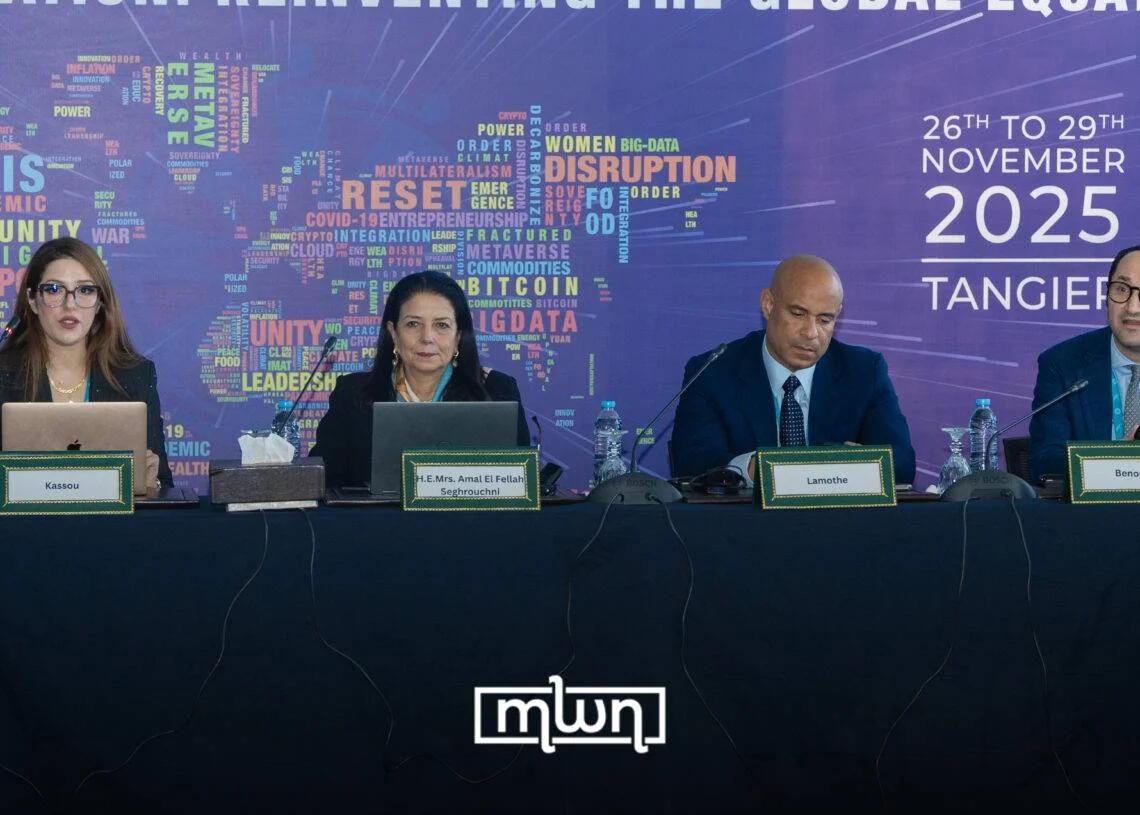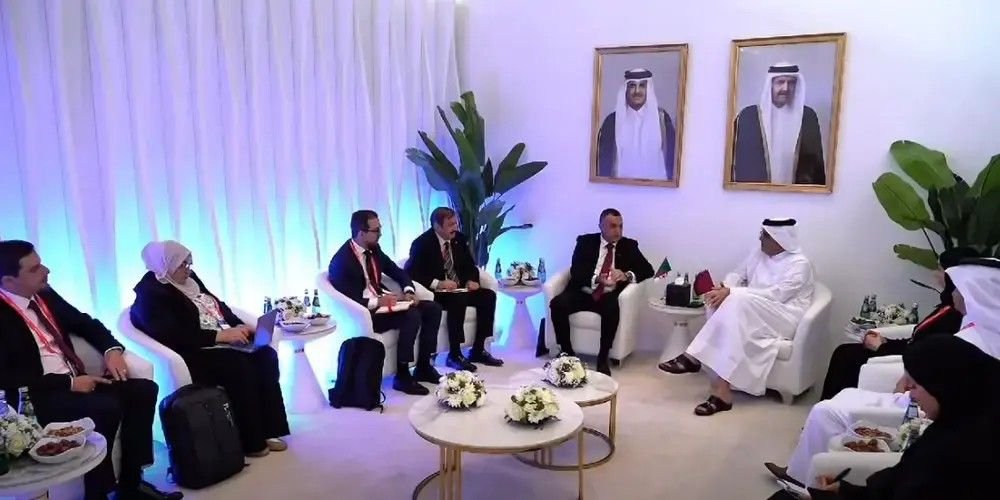The National Citizen Party (NCP) launched its ambitious “Vision 2035” at the Bangladesh Investment Summit 2025, outlining sweeping reforms aimed at transforming the country into a green, high-tech, and equitable economy. The vision focuses on innovation, sustainability, and good governance, with a roadmap dubbed “Bangladesh 2.0” proposing a digital-first nation where smart infrastructure, algorithmic governance, and advanced manufacturing replace outdated systems and inefficiencies.
Mushfiq us Salehin, Joint Member Secretary of NCP, emphasized the importance of national consensus in the economic sector, urging collective action for the country’s greater good. He stated, “National consensus is essential when it comes to the economic sector. This is something we must address collectively for the greater good of the nation.”
The “Bangladesh 2.0” vision includes a series of business climate and regulatory reforms aimed at boosting transparency, efficiency, and investor confidence. Key proposals include establishing a one-stop digital investor facilitation center for company registration, licensing, and taxation, along with automated VAT and tax filing systems. The NCP also advocates for a blockchain-based land registry to reduce property disputes.
Other reforms proposed by the NCP include the introduction of a real-time government spending tracker, strengthening anti-corruption laws under an independent oversight body, and the launch of a Central Bank Digital Currency (CBDC). Additionally, the party aims to bolster intellectual property rights in pharmaceuticals, software, design, and manufacturing sectors.
To reduce business costs, the NCP suggested zero tariffs for capital goods imports related to the high-tech industry and a 10-year tax holiday for strategic sectors such as semiconductors, AI, and renewable energy. The party also proposed the use of AI algorithms to monitor government spending anomalies and introduce real-time digital monitoring of government contracts to combat corruption.
In an effort to decentralize economic activity from Dhaka, NCP proposed the development of economic hubs in Chittagong, Khulna, and Sylhet. They also emphasized the importance of Environmental, Social, and Governance (ESG)-focused Special Economic Zones (SEZs), with a focus on tech-driven sectors like AI, IoT, and chip manufacturing, as well as renewable energy production hubs, such as Solar & Battery SEZs.
Salehin reiterated that the NCP would advocate for these reforms, regardless of who holds political power, stressing their importance for the nation’s future prosperity. “We believe that regardless of who is in power, these kinds of initiatives are necessary for the benefit of our country,” he concluded.











